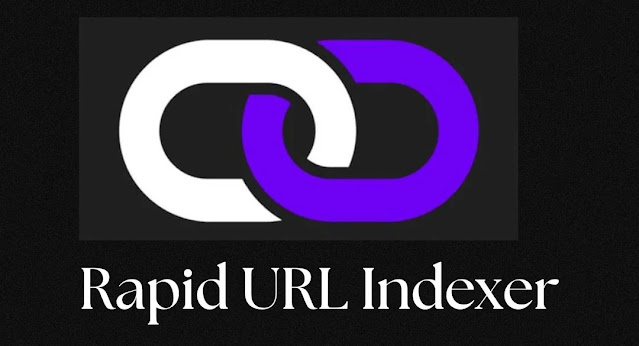Google Search Console vs. Rapid URL Indexer: Which One Should You Use?
When it comes to getting your web pages indexed quickly on Google, two common SEO tools often come into consideration: Google Search Console and Rapid URL Indexer. Both serve the purpose of indexing, but they work differently. This blog will compare these tools, highlighting their features, pros, and cons, helping you decide which is best for your website’s SEO strategy.
Understanding Google Search Console (GSC)
Google Search Console (GSC) is a free tool provided by Google that helps webmasters monitor, maintain, and troubleshoot their website's presence in Google Search results. One of its key functions is URL indexing, which ensures your pages appear in Google’s search results.
Features of Google Search Console
- Manual URL Submission: Allows webmasters to submit URLs for indexing using the URL Inspection tool.
- Index Coverage Reports: Provides insights into which pages are indexed and which have issues.
- Crawl Stats: This shows how often Googlebot crawls your site.
- Performance Tracking: Displays search impressions, clicks, and ranking positions.
- Sitemap Submission: Enables submission of XML sitemaps to facilitate indexing.
Pros of Google Search Console
- Free to use and backed by Google.
- Provides accurate indexing status updates.
- Includes detailed reports and issue detection.
- It helps diagnose crawl errors and fix indexing problems.
Cons of Google Search Console
- Indexing is not instant and can take time.
- Limited to manual URL requests per day.
- No guarantee that a submitted URL will be indexed immediately.
Understanding Rapid URL Indexer
Features of Rapid URL Indexer
- Automated Bulk Indexing: Allows multiple URLs to be indexed quickly.
- API Integration: Supports integration with various SEO tools.
- Faster Processing: Claims to speed up indexing within hours or days.
- Ping & Backlink Notification: Notifies search engines about new content and links.
Pros of Rapid URL Indexer
- Faster indexing compared to traditional methods.
- Bulk URL submission feature saves time.
- Useful for indexing backlinks and new content efficiently.
Cons of Rapid URL Indexer
- It's not officially backed by Google, which means no guarantees.
- Some URLs may still take time to get indexed.
- Using it excessively might appear spammy and could lead to penalties.
Which One Should You Use?
If you want a reliable and free indexing method, stick with Google Search Console. It’s the safest way to get your pages indexed without violating any guidelines.
If you need faster indexing for bulk URLs or backlinks, Rapid URL Indexer can be a useful tool, but it should be used cautiously to avoid spammy tactics.
For a balanced strategy, use Google Search Console as the primary method while leveraging Rapid URL Indexer selectively for urgent indexing needs.
Conclusion
While Google Search Console provides a secure and Google-approved way to index web pages, Rapid URL Indexer offers speed and bulk indexing capabilities. However, Google ultimately decides what gets indexed, so relying solely on third-party tools can be risky. A combination of SEO best practices, Google Search Console, and occasional use of SEO services like Rapid URL Indexer is the best approach for ensuring your content appears in search results quickly and safely.





Comments
Post a Comment